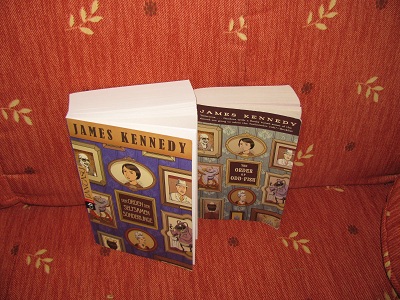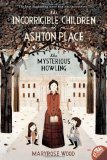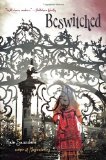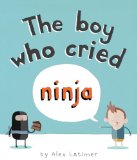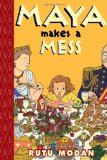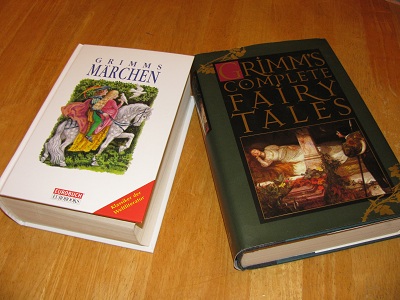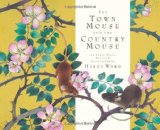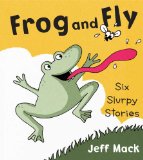Sonderling Sunday – Seltsamen Sonderlinge Chapter 12
It’s time for Sonderling Sunday! When I play with language by looking at the German translations of interesting phrases found in children’s books. This week, it’s back to the book that started it all, Der Orden der Seltsamen Sonderlinge, that is, The Order of Odd-Fish, by James Kennedy.
Last time, we finished Chapter 11, so now we’re ready to tackle Chapter 12, on page 136 in the original English, and Seite 173 auf Deutsch. I will endeavor to give no spoilers, but merely tantalizing phrases that will lure my readers into reading the book itself, if you have resisted so far. I don’t think you have to know German to enjoy this series, and I’d love to get some comments about how some of these phrases might be said in other languages. (I enjoyed Reads for Keeps‘ recent post on children’s book titles in Chinese. I’m not the ONLY one who thinks about this!)
I still say German makes bureaucracy sound even worse. In fact, maybe this is where we got the term “bureaucracy”?
“The Municipal Squires Authority’s offices” = Die Büros der Städtischen Knappenbehörde
Here’s a nice long word:
“fallen into disrepair” = vollkommen heruntergekommen
“twisty trees” = krumme Bäume
“roots oozed over tumbled blocks like melted cheese” =
Wurzeln überzogen zertrümmerte Quader wie geschmolzener Käse
“with a crazy quilt” =
mit einem seltsamen Flickenteppich (There’s the word seltsamen again!)
I like the sound of this phrase:
“dimly lit” = schlecht erleuchtet
Now this one we simply must find out how to say in German:
“sweaty civil servants in ill-fitting suits” =
verschwitzten Beamten in schlecht sitzenden Anzügen
“confidence” = Selbstvertrauen (“self-trust”)
“punched Ian’s arm” = knuffte Ians Arm (I’m pretty sure it would have been a different word for punching with intent to hurt. I like knuffte – the ‘K’ is pronounced – for a playful punch on the arm.)
“the nastiest, stalest lumps of crud” = die widerlichsten und muffigsten Teigklumpen
(Google translates muffigsten as “mustiest”)
“crumpled” = zusammengesunkener (“together-sunken”)
“wretch” = Schuft
“eyepatch” = Augenklappe
“Milquetoasts” = Duckmäuser
“This whole week has been a waste.” =
Die ganze Woche war reine Zeitverschwendung
(“The whole week was pure Time-disappearance.”)
And you must want to know how to say this:
“pancreas” = Bauchspeicheldrüse (“belly-saliva-gland”)
“pleasantries” = Schmeicheleien
“Excuses!” = Ausflüchte!
“rasped” = knarzte
Oops! The translator accidentally said that Korsakov knarzte, when it was Olvershaw, and assigned the entire speech that follows to the wrong person. This is the first actual mistake I’ve found.
“Ignominious!” = Absolut erbärmlich!
“You insects!” = Ihr Ungeziefer! (Google translates it “vermin.”)
“satisfaction” = Genugtuung
“her stomach felt full of bees” = sie Bienen im Bauch zu haben schien
“Lint” = Leinsamen (translates as “linseed” — not sure that’s the right idea)
“bashful” = schüchternes
“one obnoxious remark” = einer aufsässigen Bemerkung (She did give him some sass.)
“impertinence” = Unverschämtheit
That finishes up Jo’s initial meeting with Olvershaw. Next time, we’ll find out about quests….
Meanwhile, I always find the insults more interesting than the Schmeicheleien, with the exception of Schmeicheleien itself.
Sometimes, I think that looking at all these translations is reine Zeitverschwendung, but I must admit it gives me great Genugtuung.
Bis nächste Woche!
